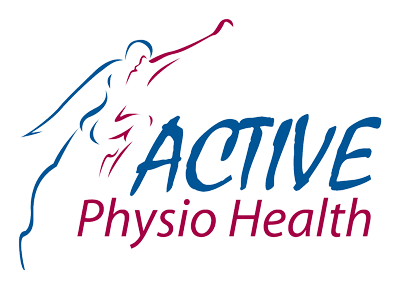While sciatica is most commonly a result of a lumbar disc herniation directly pressing on the sciatic nerve, any cause of irritation or inflammation of the sciatic nerve can reproduce the symptoms of sciatica. Aside from a pinched nerve from a disc, other causes of sciatica include piriformis syndrome, spinal stenosis, irritation of the nerve from adjacent bone, tumors, muscle, internal bleeding, infections and injury to the nerve
What are the symptoms?
Sciatica pain can vary widely. It may feel like a mild tingling, dull ache or a burning sensation in the leg. In some cases, the pain is severe enough to make a person unable to move. The pain most often occurs on one side. Some people have sharp pain in one part of the leg or hip and numbness in other parts. The sensations may also be felt on the back of the calf or on the sole of the foot. The affected leg may also feel weak.
The pain often starts slowly. Sciatica pain may get worse:
• After prolonged standing or sitting
• At night
• When sneezing, coughing or laughing
• With bending or walking up stairs
How can Active Physio Health help me?
Our experienced physiotherapists at Active Physio Health have treated many patients with sciatica pain with excellent results. With our comprehensive initial assessment on every patient our aim is to find the source of the pain, treat it and prevent it from ever coming back. Our physiotherapists will devise a treatment plan consisting of joint mobilisations, trigger point therapy, massage, stretches, electrotherapy and core stability strengthening designed specifically to target your pain
To learn more about sciatica, please contact our team at Active Physio Health, or request an appointment today



